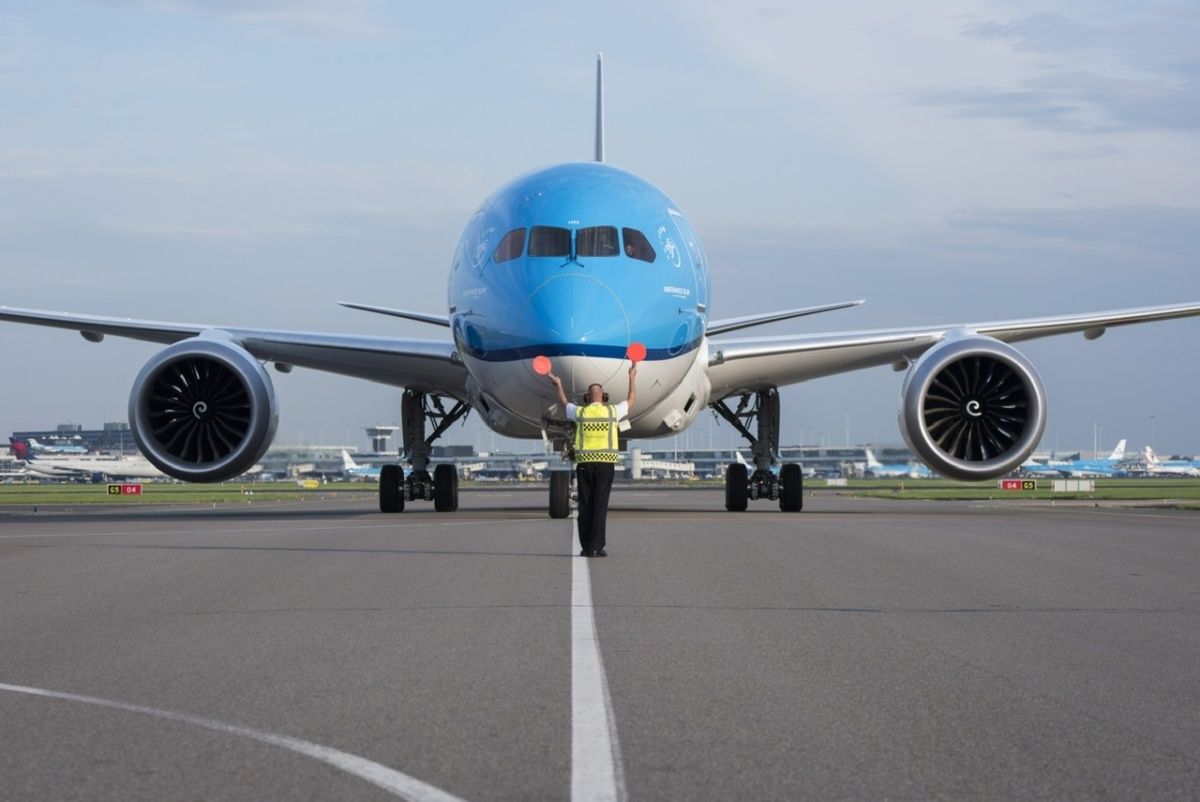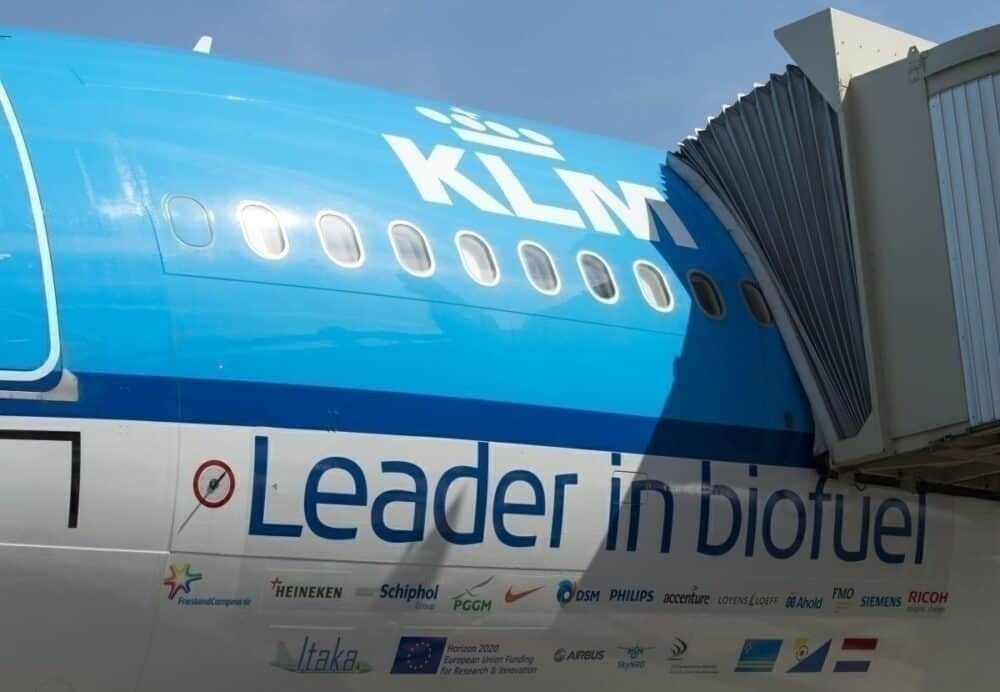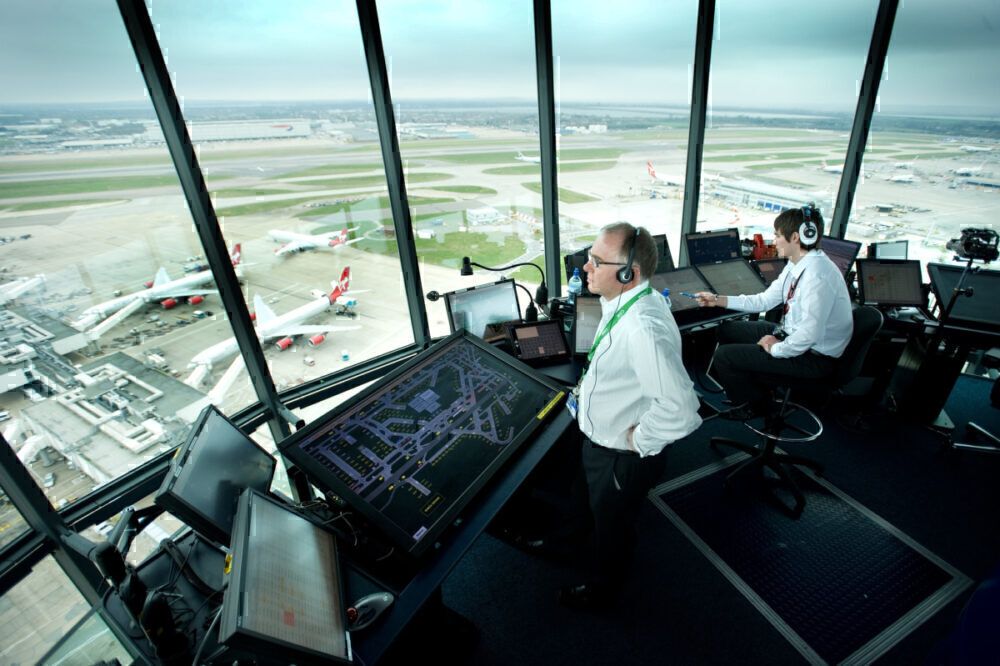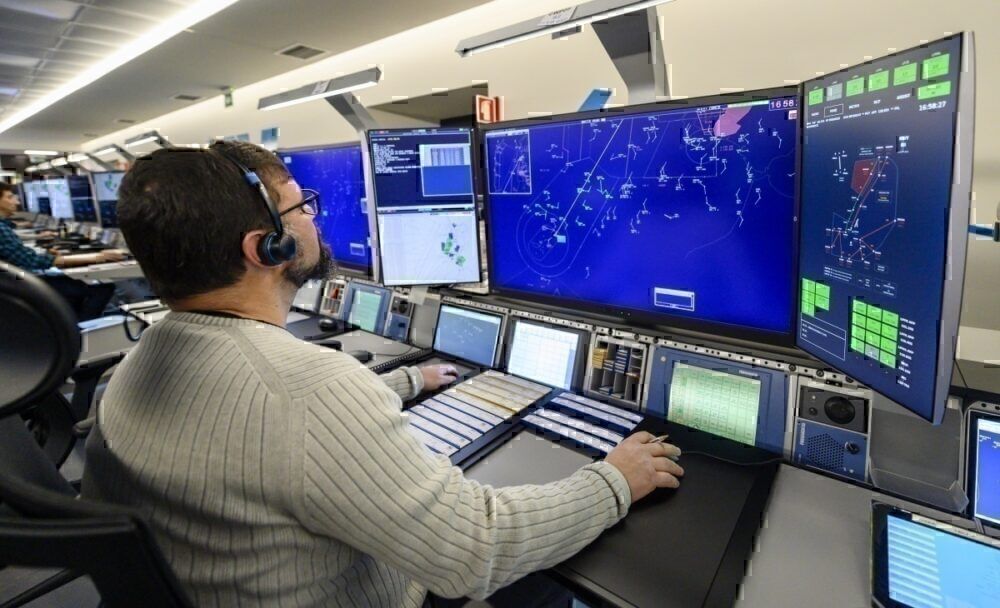Reforming European airspace and implementing all or part of the Single European Sky could save as much as €37 billion a year ($43 billion). Right now, with airline finances at rock bottom, there has never been more urgency to end the debate and get moving on this issue. Boss of KLM, Pieter Elbers, spoke candidly this week about the need for reform and its impact on aviation in Europe.
Airspace reforms have never been needed more
With all the issues going on in aviation right now, finding a resolution on an issue that has been plaguing the sector with burdensome costs for more than two decades would be very welcome. The overdue reform of European Airspace has been pegged to be capable of saving aviation €17.4 billion a year ($20.5 billion), but, as yet, no changes have been implemented.
Speaking on this week’s Eurocontrol ‘Hard Talk’ session, CEO of KLM Pieter Elbers advocated passionately for movement on the Single European Sky. He lamented all the work the industry is doing to drive down carbon emissions while simultaneously being undermined by an inefficient airspace management system, saying,
“We have put so much effort and so much money into the field of sustainability, which every euro we spend on that issue is a euro well spent. But we have a political unwillingness to move forward on the Single European Sky. That’s burning and wasting 10% of the CO2 emissions in Europe, and it’s a shame.
“It’s inefficiency for our customers; it’s a waste in terms of CO2 emissions and fuel.”
KLM has been one of the early movers on sustainability in aviation. From encouraging passengers to take other modes of transport for short journeys to investing in sustainable taxiing technology, the airline is well on its way to achieving its carbon reduction goals. The Single European Sky could help massively with this.
Stay informed: Sign up for our daily aviation news digest.
Bailouts don’t make sense without airspace reform
Elbers went on to highlight just how pressing the need for action is. He called out the huge bailouts of European airlines by their states, which he says make no sense without the implementation of the Single European Sky also. He commented,
“I really hope that now the all the European states are giving so much support to their airlines, it would be incomprehensible really to support airlines on the one hand and to leave an ineffective inefficient scattered European airspace system in place … If there's a time to move forward it's really now.
“Today, with so much pressure on the cost and the mere survival of the industry, it should be a no brainer to move forward on that.”
The Single European Sky would remove the fragmented airspace above Europe, creating a single airspace that can be centrally managed. Currently, if there is a lack of capacity at one Air Navigation Service Provider (ANSP), perhaps due to staffing issues or technical problems, aircraft can end up being routed miles out of their way to avoid that airspace.
Airlines for Europe commissioned a study earlier this year which found that full implementation of the Single European Sky would save as much as €37 billion ($43 billion) a year. Even if the full set of recommendations were not adopted, just the airspace reformation would be a significant saving in terms of money and CO2 emissions.
Airlines are vital to economic recovery
In conclusion, the KLM boss noted just how important airlines are to their economies. He pointed out that the reason governments are so willing to step up with cash to save their airlines is because they recognize the value of air connectivity to their future economic recovery. He said,
“It is incomprehensible for me that European states are spending billions to support airlines to get through this crisis, and they are supporting airlines not because of charity, they're supporting the airlines because they're so incredibly important for their economies.
“When I see all the work we’ve been doing on cargo, how we bring in millions and millions of masks and medical equipment, the repatriation flights and all the other efforts we are doing … then it should be a no brainer to move forward on this one.”
According to Aviation Benefits, air transport supports 13.5 million jobs and $991 billion in economic activity across Europe. It represents 3.6% of all employment and 4.4% of GDP in European countries. Implementing all or parts of the Single European Sky could help maintain this value and avoid governments being asked to provide further bailouts to airlines.
Earlier this year, boss at the time of IAG Willie Walsh branded the lack of movement on this issue a ‘scandal’. Perhaps, with Brexit looming and airline finances at rock bottom, the Commission will finally see fit to put an end to the debate.




